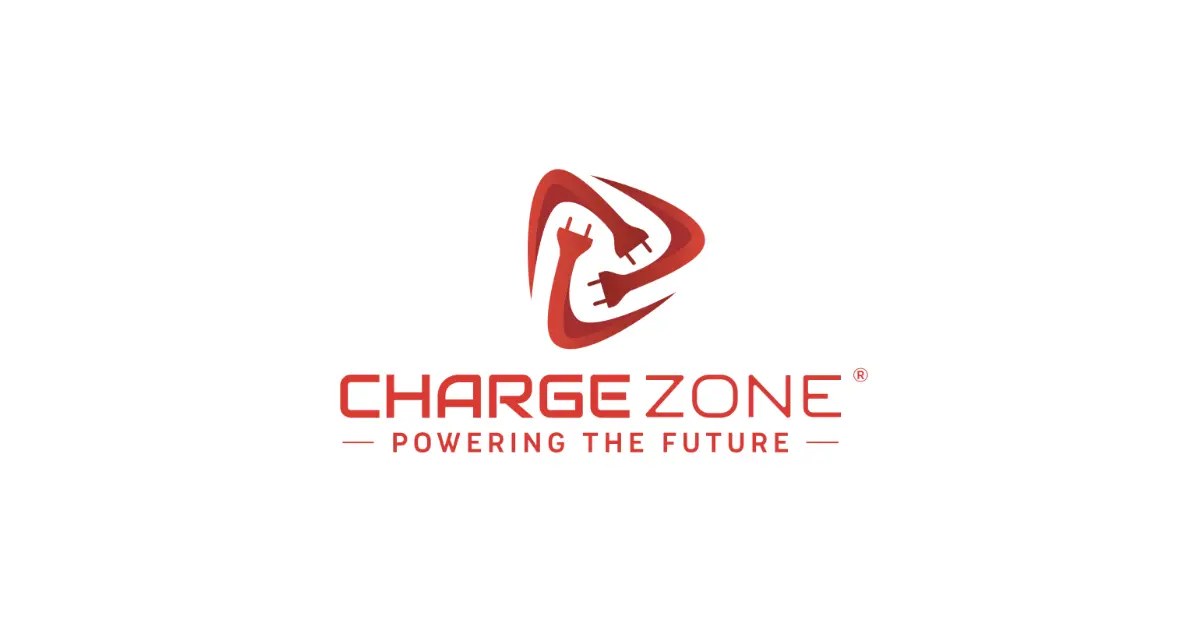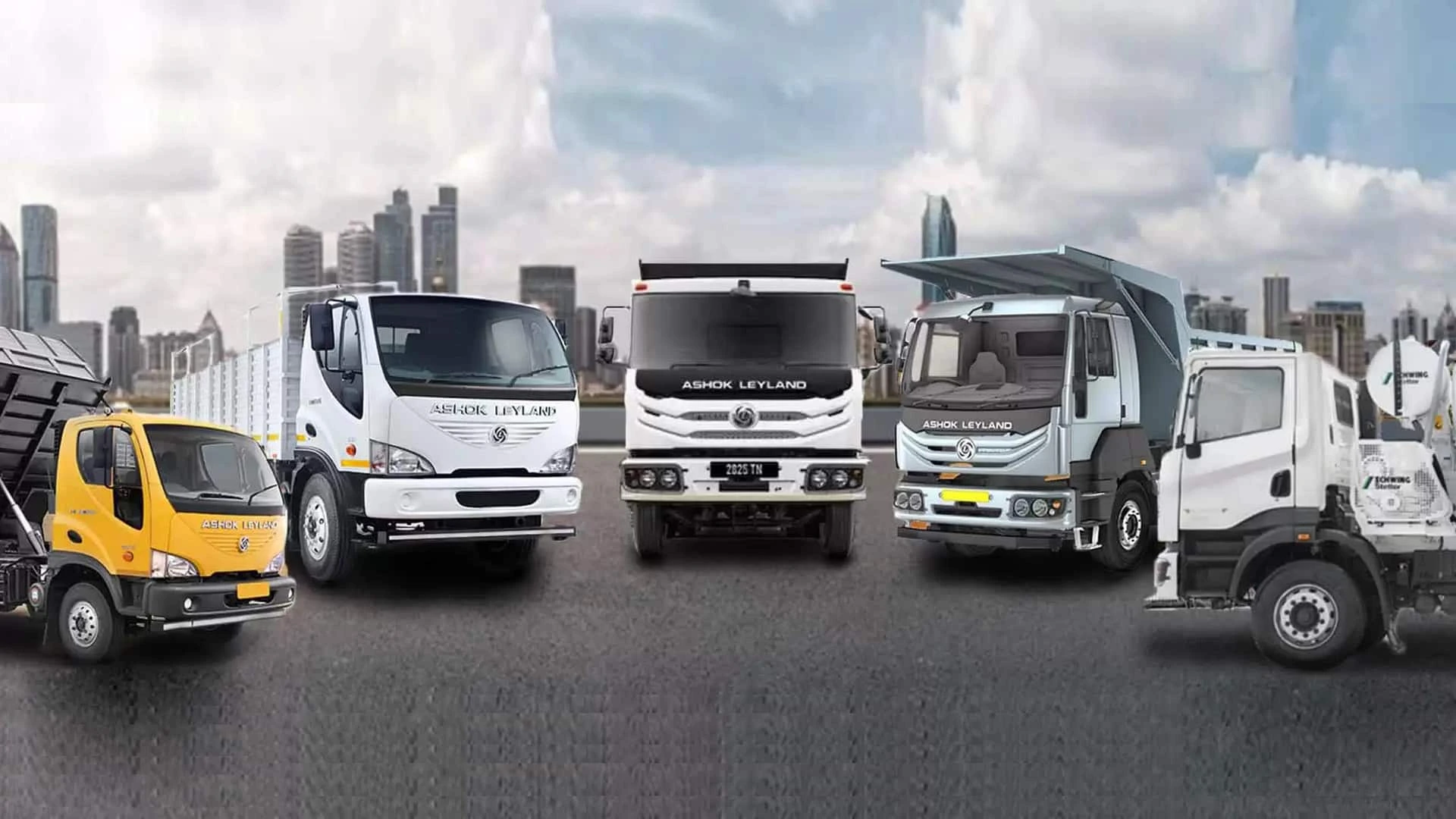
Table of Content
▼ChargeZone, India's rapidly expanding EV charging network, has unveiled the innovative Battery Passport System, a digital record detailing the complete lifecycle of a battery. This groundbreaking system aims to transition from linear to circular economies, ensuring transparency and optimizing value for EV buyers, manufacturers, operators, and recyclers. This initiative will help mitigate upfront battery costs, provide clear energy costs, and ensure reliable performance for commercial EVs, starting with electric buses equipped with 200KWh batteries. This launch aligns with India's expanding goals for battery storage capacity, driven by the growing electric vehicle market.
Ravindra Mohan, Group Director at ChargeZone, emphasized the comprehensiveness of the Battery Passport System. "Developed on the Industrial IoT 5.0 platform, ChargeZone’s Battery Passport System adheres to industry standards to guarantee accuracy, security, and accessibility of battery information. It covers everything from data verification to battery storage, sharing, and identification, while complying with legal requirements for EV disintegration into battery and vehicle components. Our solution streamlines operations and enhances efficiency for both manufacturers and users, fostering environmental sustainability and contributing to a cleaner and greener future."
Battery Passport System: A Detailed Guide to Battery Life
ChargeZone’s Battery Passport System is designed to offer detailed information throughout a battery's lifecycle and promote a circular economy. By providing transparent energy costs for a predefined mileage using a Battery-as-a-Service (BaaS) model, the system benefits various stakeholders, including EV buyers, manufacturers, economic operators, and recyclers. This model separates EV costs from battery costs, enhancing financial prudence.
"We are thrilled to introduce the Battery Passport System, a revolutionary innovation poised to transform India's EV landscape," said Kartikey Hariyani, Founder and CEO of ChargeZone. "Our Battery Passport System integrates advanced financial engineering, strategically separating EV from battery costs to ensure fiscal prudence and viability. With initial implementations for electric buses featuring 200KWh battery capacity, we aim to secure long-term contracts for both Charging-As-A-Service (CaaS) and Energy-as-a-Service (EaaS) in India’s high-growth electric bus sector. Our value proposition goes beyond financial aspects, focusing on repurposing batteries with residual life for Lower Duty Cycle applications. This strategic differentiation, enabled by our Digital Battery Passport, underscores our commitment to technical excellence."
The Growing Battery Storage Market
India’s electric vehicle sector is expanding rapidly, driving significant growth in the battery storage market. Projections indicate that India's cumulative battery storage capacity will reach 600 GWh by 2030, largely propelled by the push for electric mobility. Supporting its renewable energy goals, the Indian government plans to add approximately 500 GW of renewable energy capacity by 2030, highlighting the critical role of flexible energy storage solutions like battery systems.
From 2022 to 2030, the estimated cumulative potential of lithium-ion batteries in India is approximately 600 GWh, with recycling volumes expected to reach 128 GWh by 2030. Investing in energy storage infrastructure is crucial for advancing the adoption of renewable energy and electric vehicles across the country.
Also Read: Tata Nexon, Curvv, and Curvv EV Achieve 5-Star Ratings in Bharat NCAP Crash Tests
Neha Mehlawat
Neha Mehlawat is an automotive journalist and industry analyst with 10+ years of experience covering cars, bikes, and mobility trends. She tracks the latest launches, technology upgrades, and policy changes in the auto sector, delivering sharp insights that help readers stay ahead in the fast-evolving world of automobiles.

_1772098099.webp)
_1772090295.webp)
_1772088394.webp)


